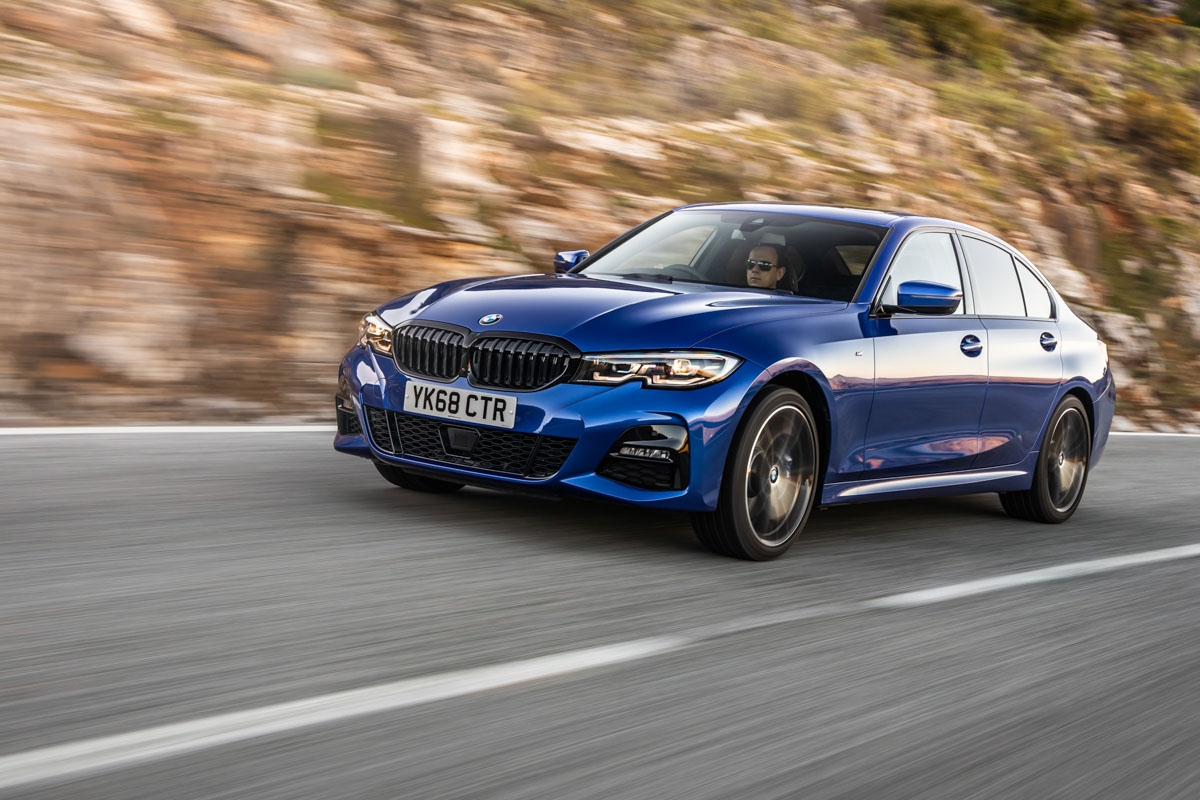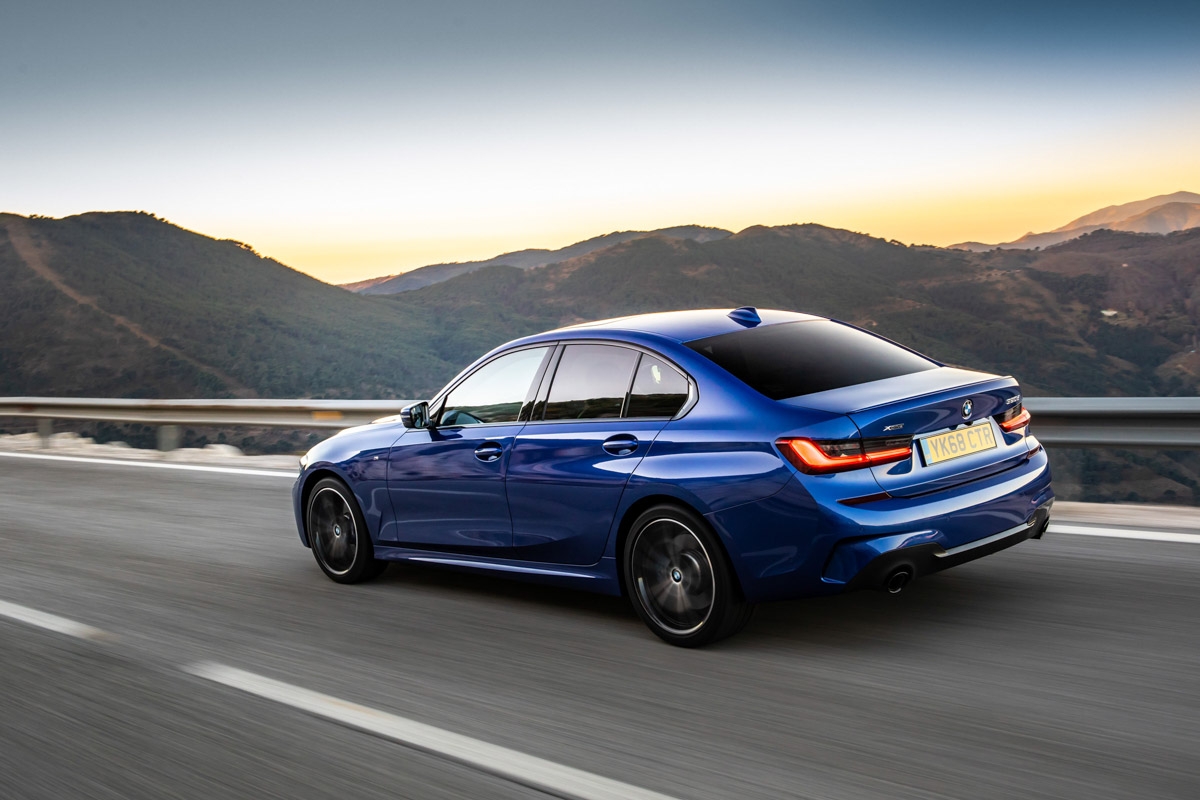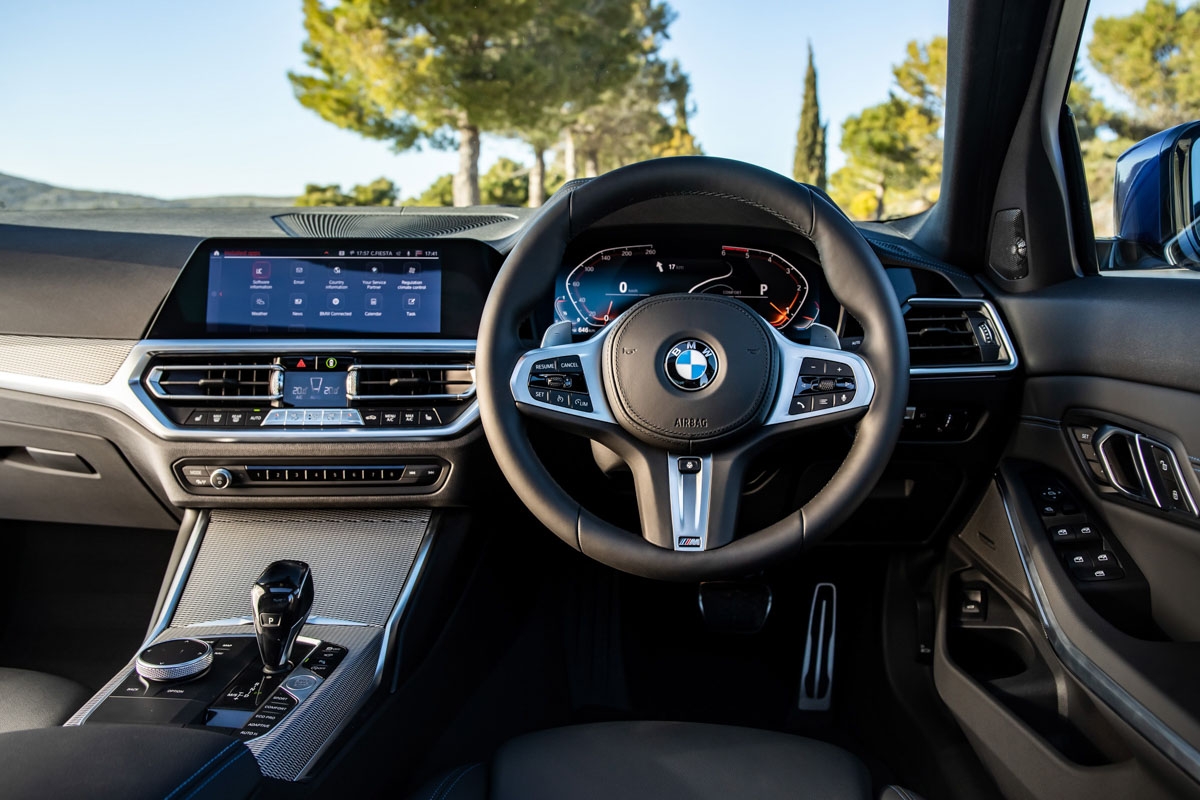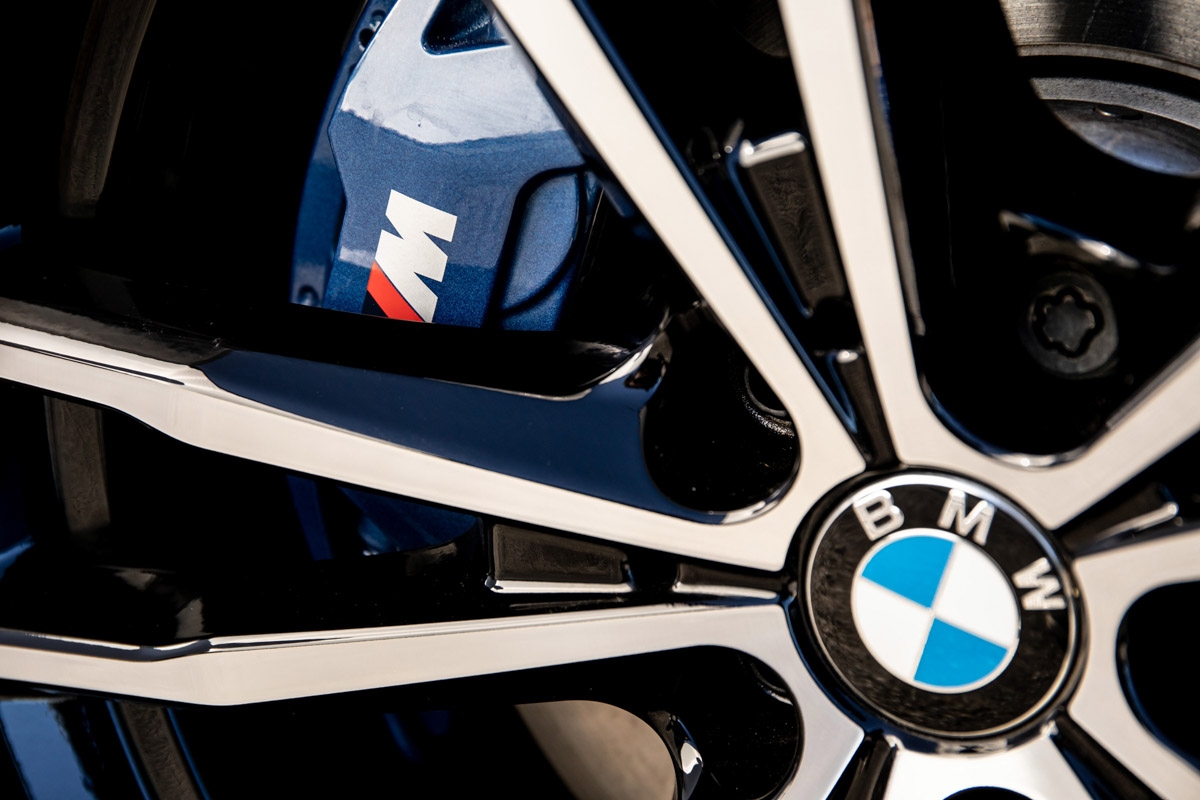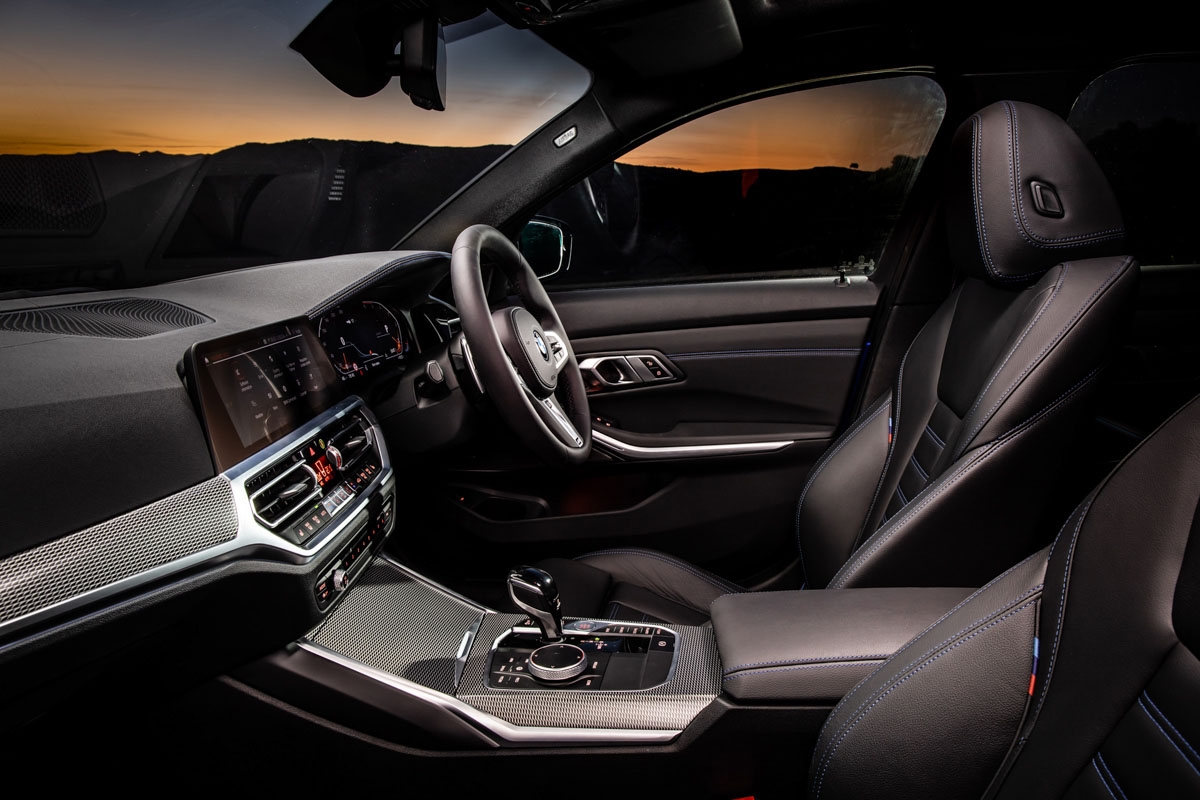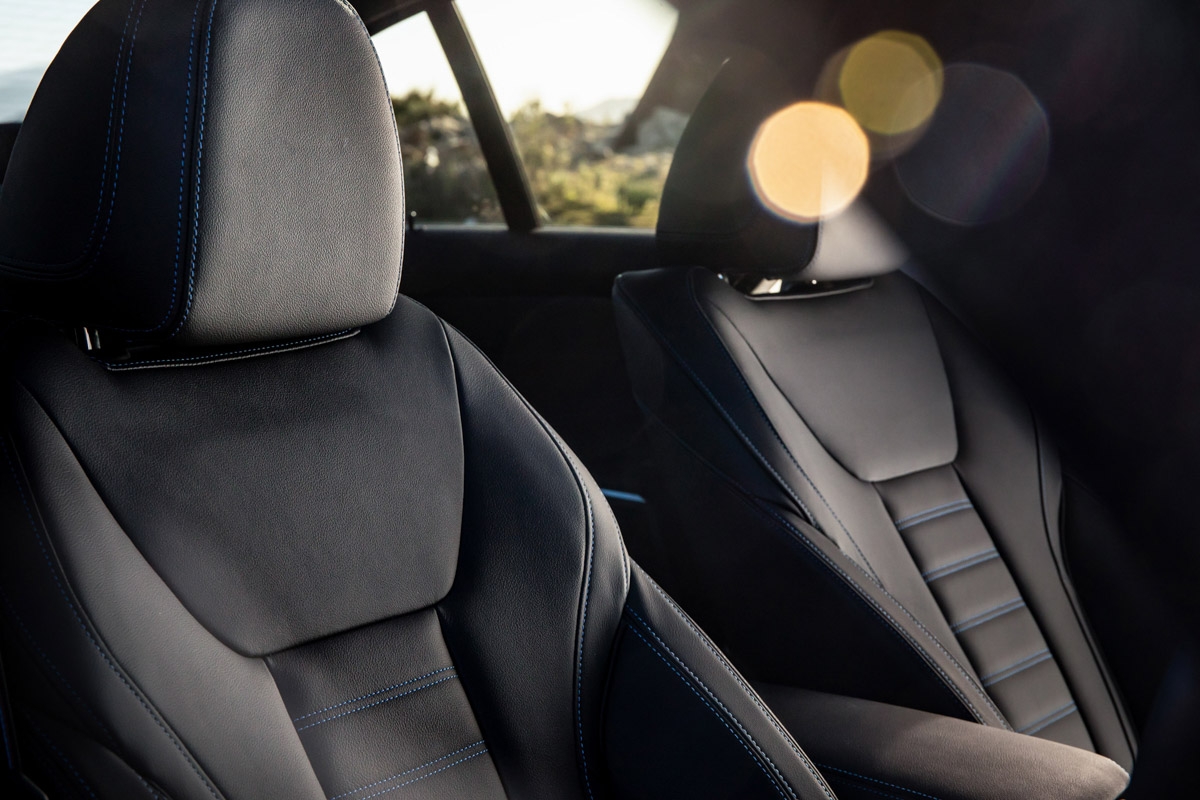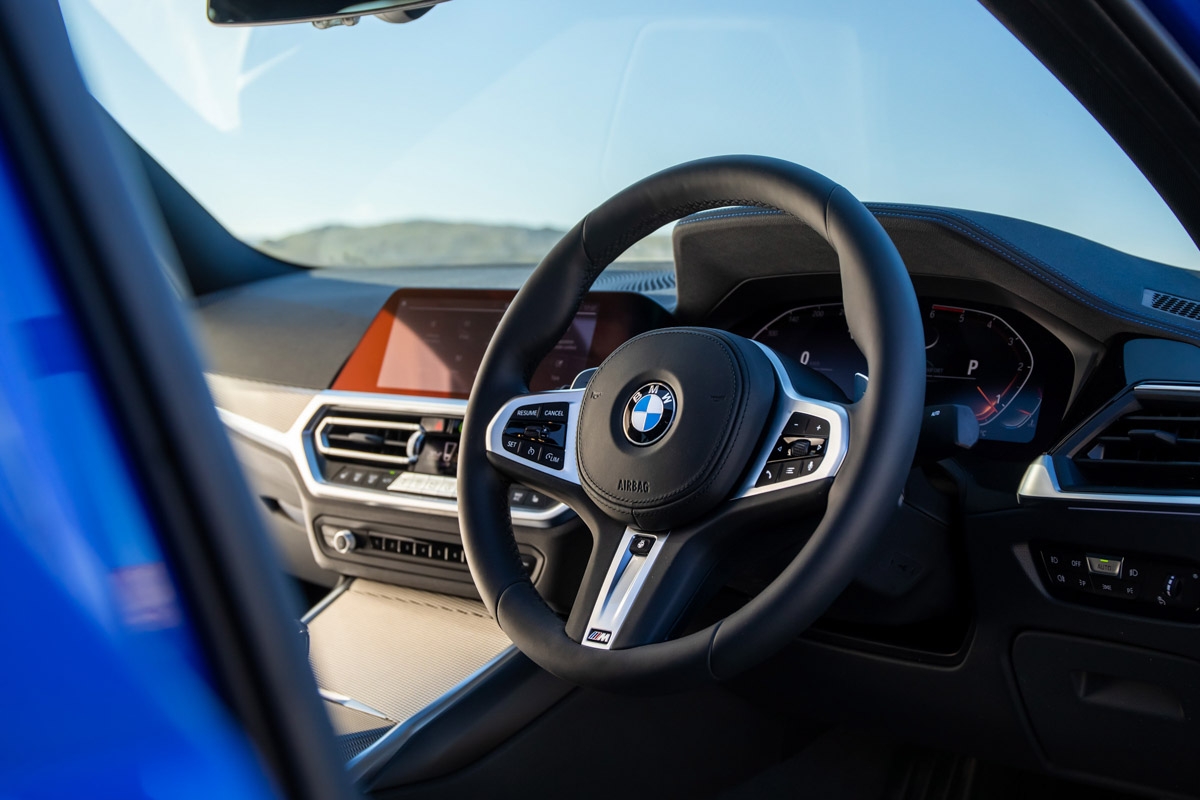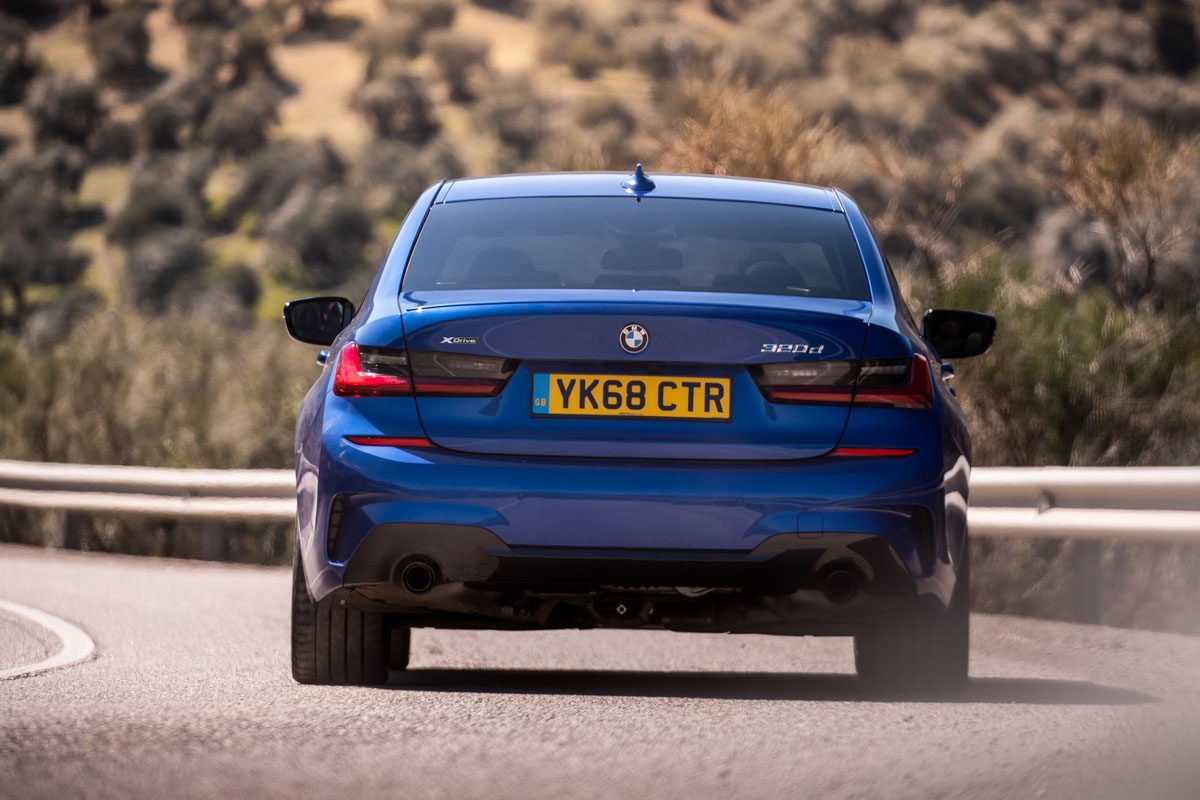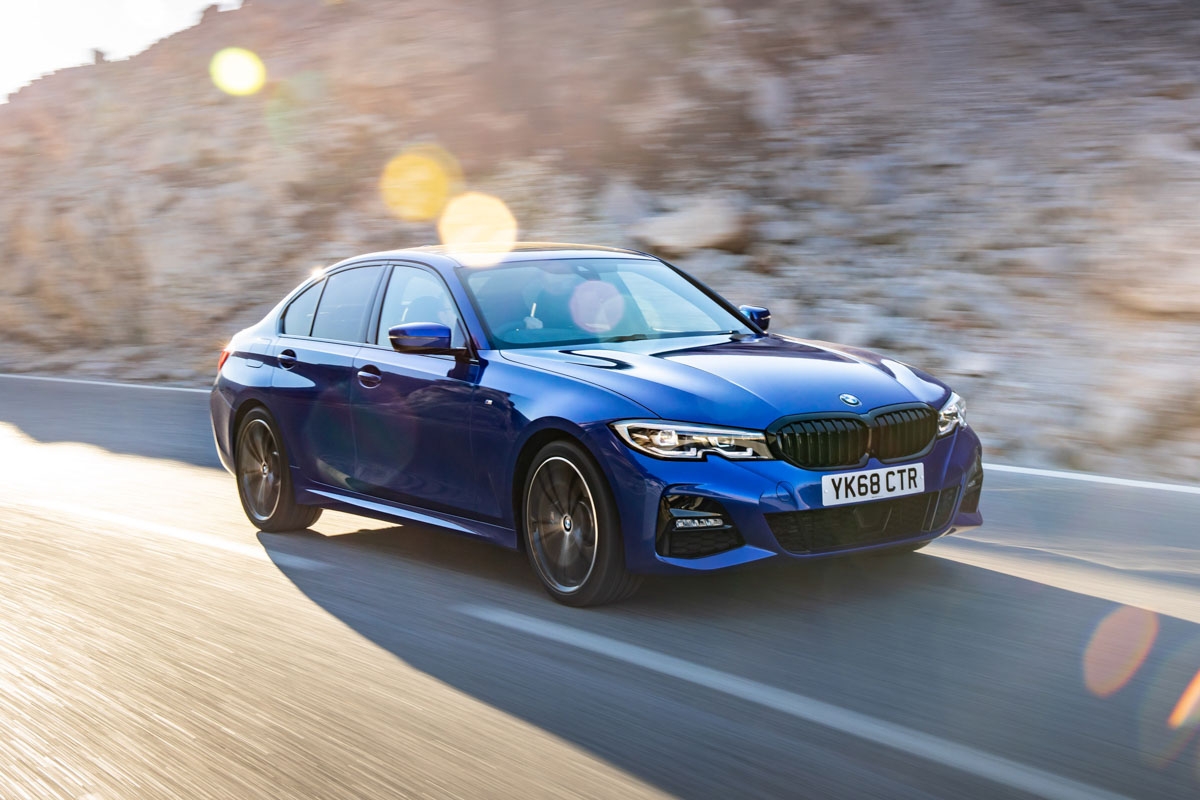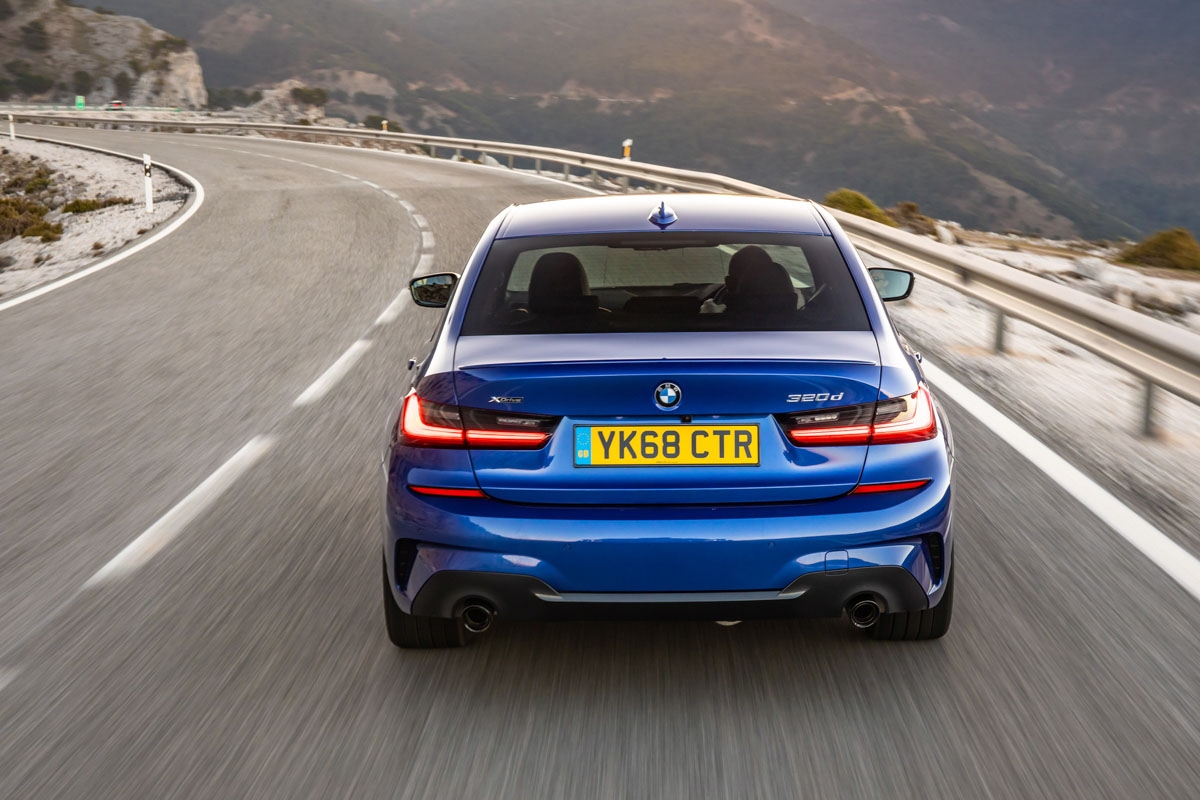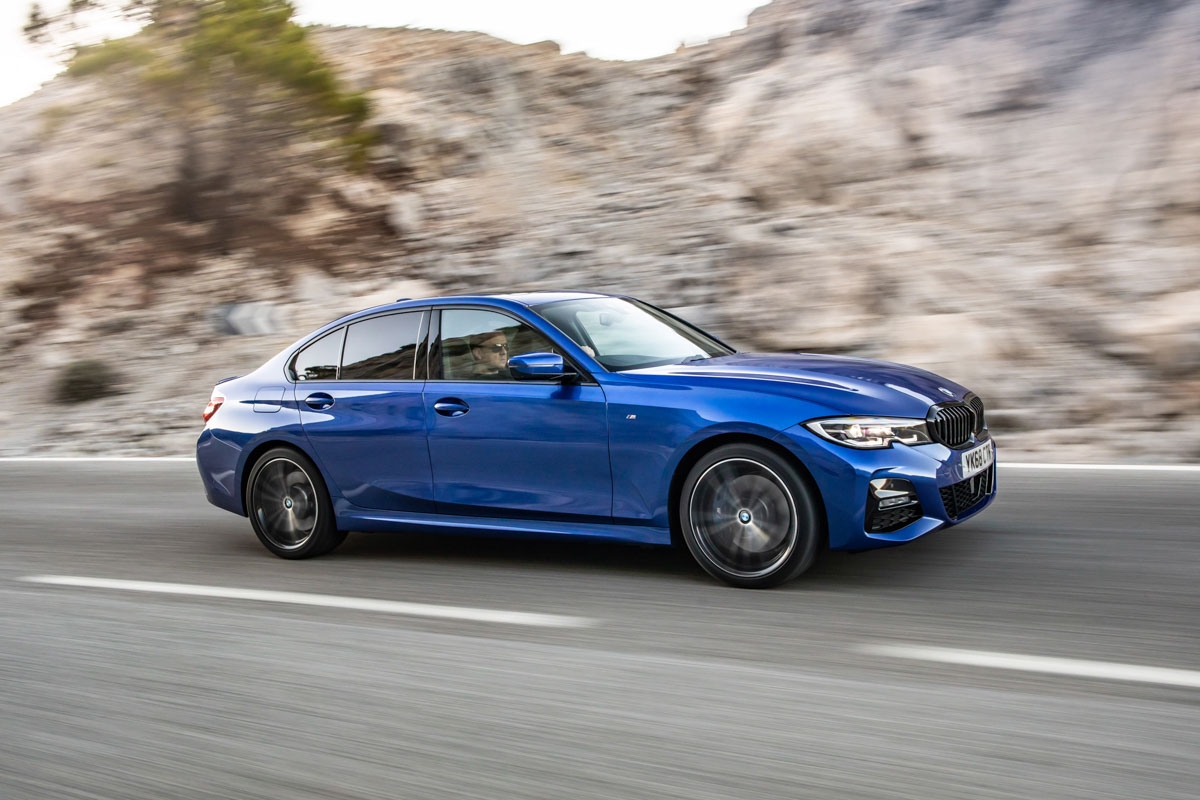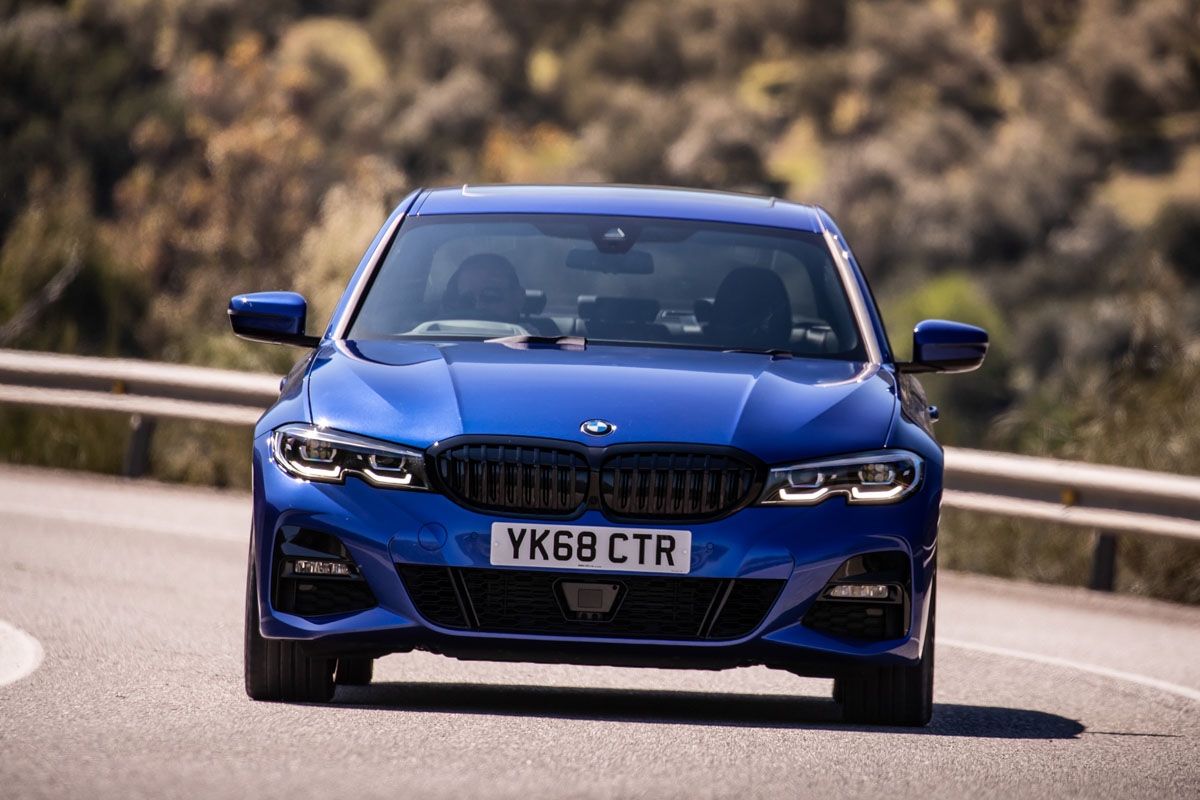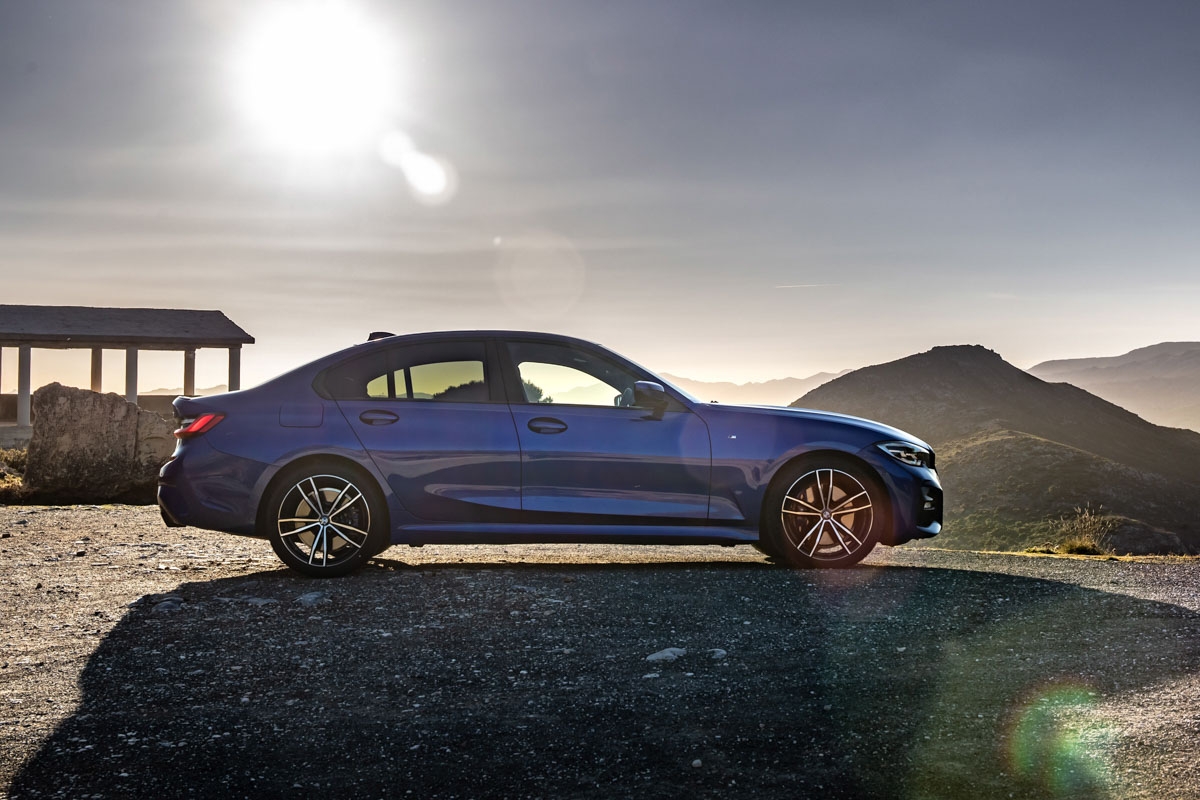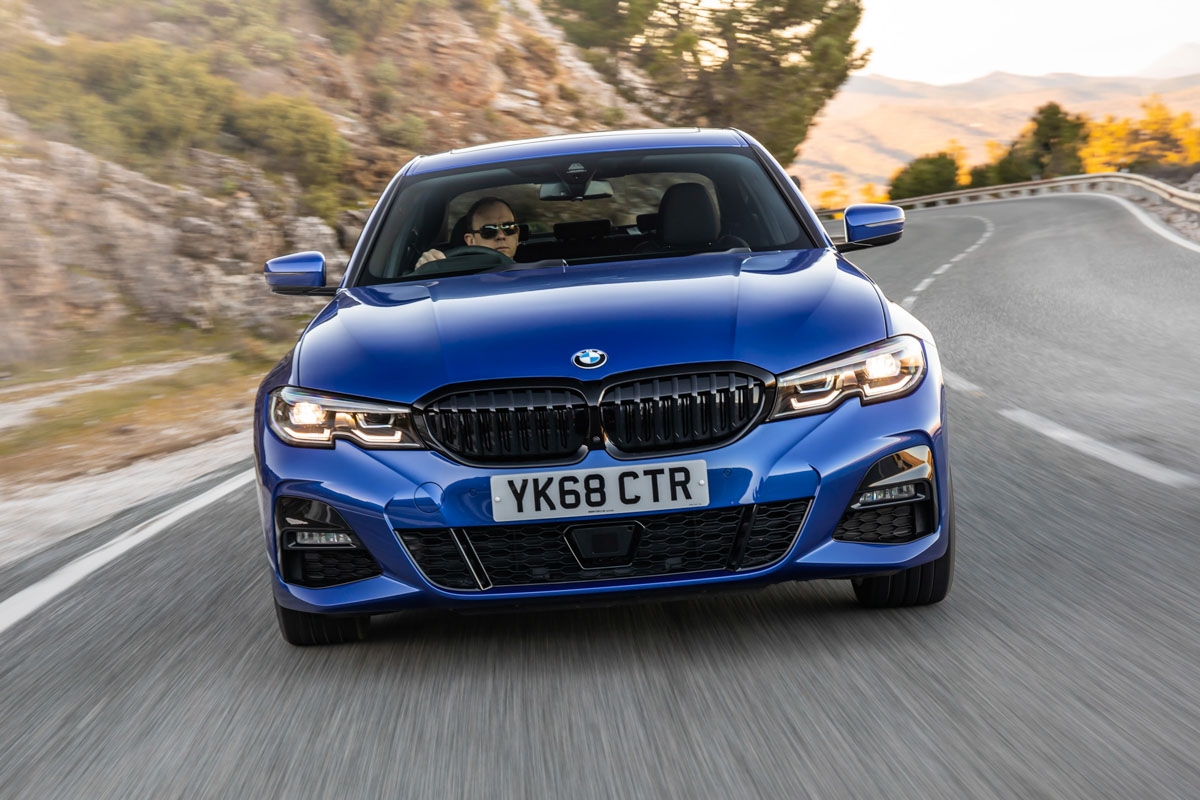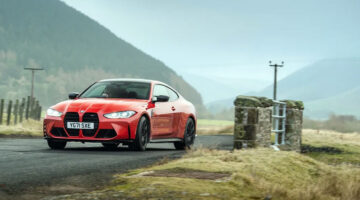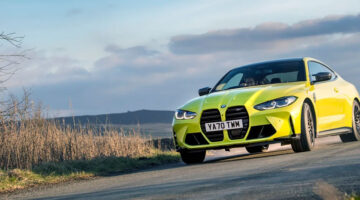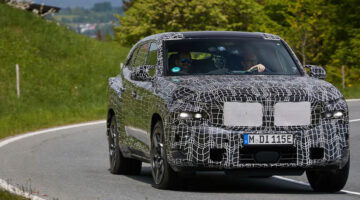New BMW 3-series has more of everything, but gives away a little of its satisfying precision in the process
PRICE: $44,714
| Hugely competent in all areas, improved tech, comfort and space | |
| Dynamic edge has faded, stiff ride in the wrong spec |
It doesn’t matter if you’re a
The 3 Series is as important to BMW as it has ever been, and there is added significance to this G20 generation as it represents the first step in a series of forthcoming mid-sized products that will use the brand’s CLAR Cluster Architecture platform technology already debuted on larger models in the range. Following the 3 Series, the Touring versions, the next 4-series, the all-electric i4 and the all-important next M3 will all use the CLAR architecture. The result on this saloon is increased stiffness by as much as 50% in crucial areas and help towards a reduction in overall weight by as much as 55kg.
Alongside the underpinnings shared with the 5 and 7-series BMWs, the new 3-series inherits the latest tech and infotainment from those cars.
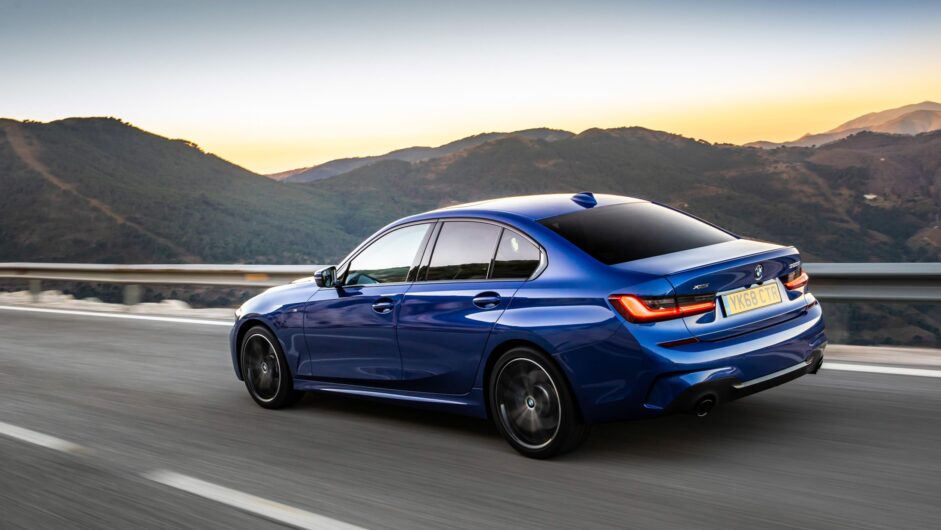
Engine, gearbox and technical specs
The 320d’s 2.0-litre, four-cylinder turbocharged diesel is the same unit found in the 520d – and the outgoing 320d – offering up 189bhp and a significant 295lb ft of torque. There’s a choice of a six-speed manual but the eight-speed automatic is likely to be the most popular option on account of its better emissions performance. There is also the option of xDrive to take power to the front wheels on demand, with a slight emissions penalty as a result.
Performance and 0-100 time
There’s no denying the seamless, rapid performance on offer from what will probably be a default engine choice for many. In automatic
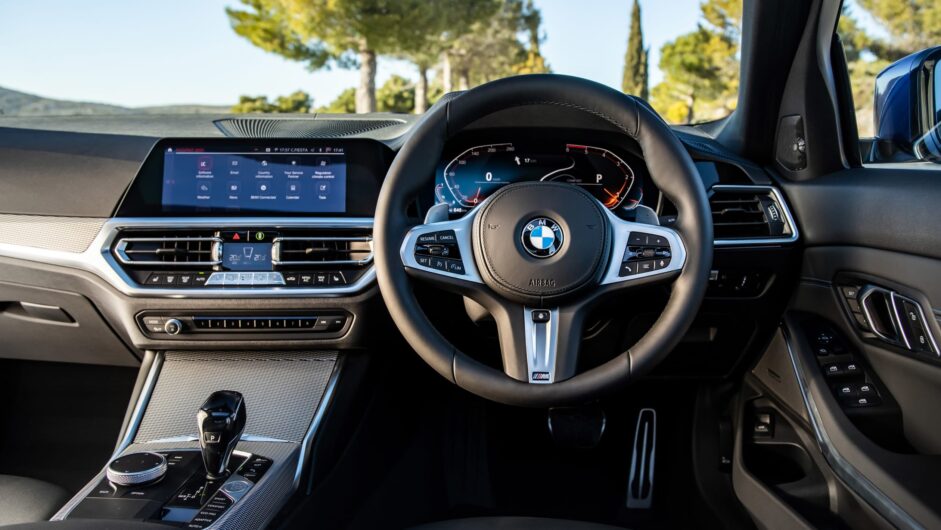
Ride and handling
Possibly more than any previous 3-series, the specification has a significant impact on how the car behaves. Specify an SE, Sport or M Sport model and you get the lift-related damper set up, which aims to reduce dive and squat during acceleration and braking without compromising ride quality. M Sport models ride 10mm lower on the passive set up, while the optional Adaptive M Sport suspension alters the damping within the various drive modes, selecting comfort, sport and adaptive settings as appropriate.
A standard M Sport model on 18-inch alloy wheels, with passive dampers as standard is composed but busy over less than smooth surfaces, picking out imperfections more readily than is ideal, especially considering the pockmarked roads. The trade-off is largely flat cornering and composure beyond reasonable expectation, even for a 3-series; this is a car that delivers beyond the performance on offer.
Choose the optional M Sport Plus package and as well as better brakes, the adaptive suspension gives you a comfort mode that is softer than the standard set up and a sport mode that is harder again. That’s good news for everyday driving where the cleaner ride is welcome, although the stiffness of sport mode might mean it is used infrequently.
The other nag is the steering, which is consistently weighted, quick and accurate, but short on feel. The push for refinement – and partially the thickness of the M Sport wheel – is to blame, but acclimatisation lessens the effect.
L/100km and running costs
WLTP may be biting but the 320d is still impressively frugal under the new tests. Official figures quote 5.3-5.1 L/100km for the eight-speed automatic with 110g/km of CO2 under the new regime, which represents almost a 10
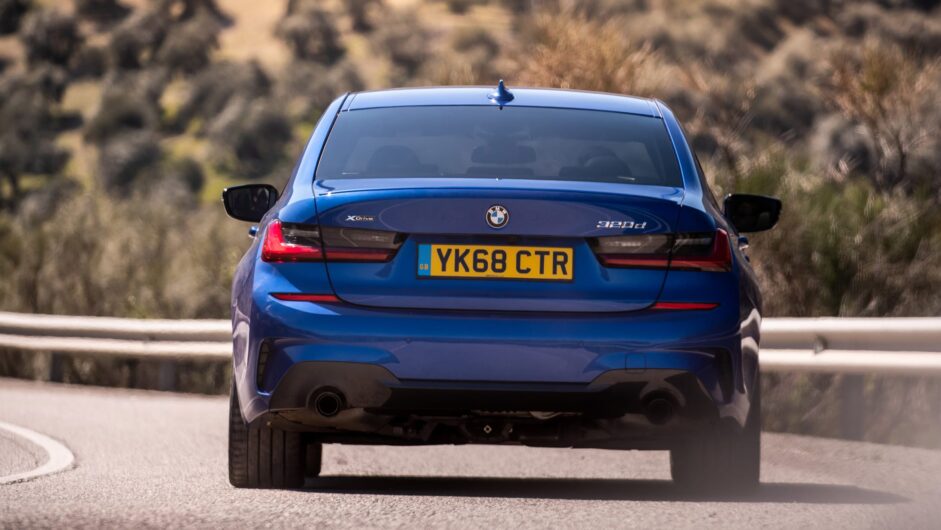
Interior and tech
The largely wholesale lifting of 5-series technology is largely good news for 3-series buyers. The Live Cockpit Professional system is standard, netting you a 12.3-inch digital instrument cluster, and 10.3-inch infotainment touchscreen with BMW’s Personal Assistant is also included. The latter might be a bonus depending on how much you use them at home, but the fitment of Apple CarPlay but not Android Auto may be an irritant to some. Purists may also prefer the classic dial layout, as the digital version adopts an ungainly shape to fill out the binnacle.
Design
The 3-series design progression has become almost Porsche 911-like in its
This article originally appeared at evo.co.uk
Copyright © evo UK, Dennis Publishing

